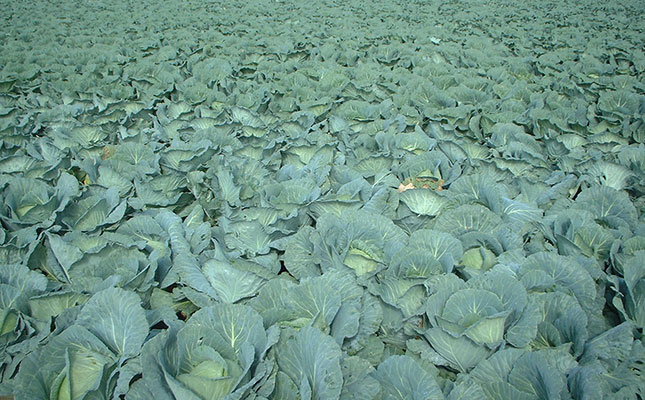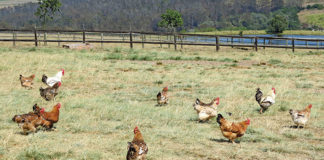
Photo: Bill Kerr
In doing so, they provide employment, tax revenue and goods and services at competitve prices. Those who are more efficient prevail, and those who cannot compete go under or are bought out. Countries that encourage this system generally thrive economically.
Since moving to the Highveld 40 years ago, I’ve seen this system at work among vegetable farmers. When I started out, it took a full day to visit all of the vegetable farmers in the Rondebult area.
Today, just four are left, but they are working the same area of land! The more efficient farmers bought out those who were struggling.
This has happened all over, and the process has been accelerated by the rising cost of labour, which has tended to decrease the number of employees on farms and increase mechanisation.
President Cyril Ramaphosa has stated that we need thousands of small farmers who will accommodate more labour and ensure food security. This shows either an alarming ignorance of the situation or else is simply a statement to garner votes.
In my experience, very few of these small-scale farmers have the knowledge to grow crops successfully, and none has the economy of scale to do so. The result is that they will have to be provided with handouts at taxpayers’ expense.
In short, interfering in the free market comes at a high cost and results in low productivity.
Lessons from the free market
Having spoken to a number of agricultural extension officers, it seems to me that small-scale farmers are, broadly speaking, told to follow the methods used by large, established vegetable farmers and then left to cope on their own.
This is entirely the wrong approach. Large farmers have the crucial advantage of economy of scale; they have enough land planted to each crop to justify expensive harvesters, hydro-coolers, and sophisticated washing and packing machines to produce at a lower cost.
And even some large-scale growers have reduced their range of vegetables in order to increase the economy of scale for those vegetable lines that are left.
My heart goes out to the stream of emerging farmers who contact me saying they have acquired land but have no farming experience and want to know how to grow certain crops.
Some even ask the cost of producing each crop and the prices they can expect. This is impossible to provide, what with all the variables that have to be considered.
Farming has a romantic ring to it and many aspirant farmers think that reading up on a few technical facts is all that’s needed. This is exactly what my father did. After retirement, he bought a farm, read some technical books and told his colleagues he was going to farm ‘scientifically’. It was a huge shock when he tried to put his ‘knowledge’ into practice.
This sounds like gloom and doom. Now for the good news: there is a way that small-scale farmers can grow vegetables at lower cost and be productive and competitive. This will be explained in the following articles.
Bill Kerr is a vegetable specialist and a breeder of a range of vegetables.










